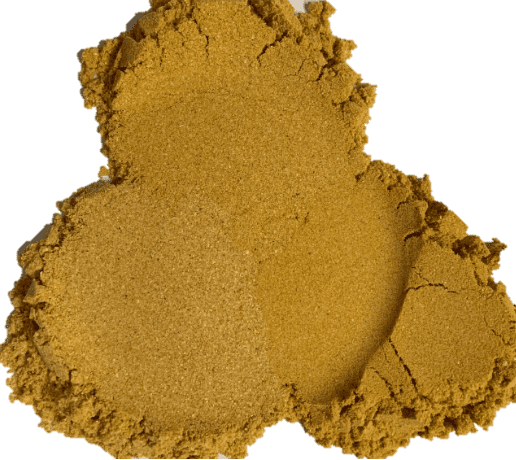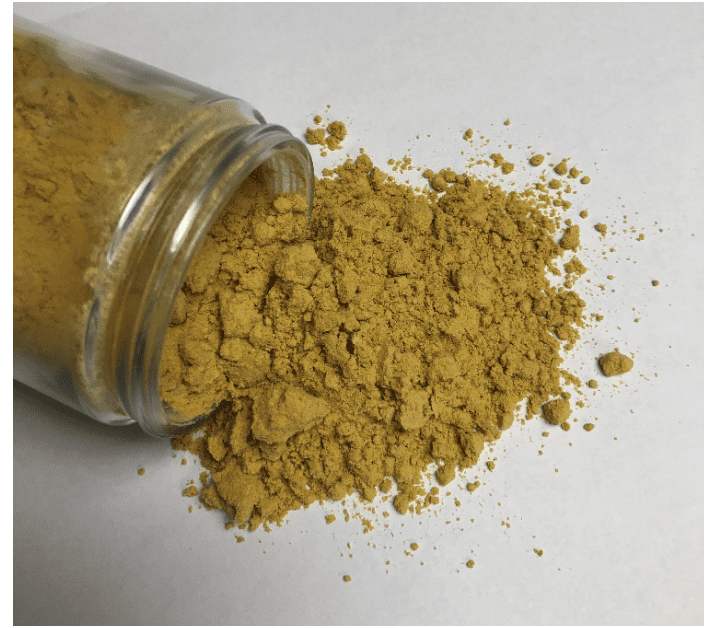Khetha ulimi:
ST Izinsiza kusebenza & ubuchwepheshe (STET) water-free separation technology group recently completed pilot scale protein enrichment testing on dry distillers grains with solubles (DDGS), resulting in an +15% increase in absolute protein content of the distillers grain by separation of protein and fiber. This process offers ethanol producers, or feed ingredient users, a revolutionary method of generating a 50% protein DDGS co-product. The premium high protein product can be used in monogastric feed applications at high substitution ratios, and therefore can be sold at a premium.
The operating principle of the STET separator is electrostatic separation. Electrostatics has a large number of real-world, industrial applications. Perhaps the most relatable example of electrostatic phenomena is the effect of rubbing a balloon on a person’s hair. As the balloon, made of rubber, comes into contact with human hair, the rubber balloon removes electrons from the hair. The reason for this is due to the high electronegativity (okungukuthi – ukusondelana kwama-electron) of rubber. The result is the balloon is left with a net negative charge, due to extra electrons, and your hair has a positive charge. Kunjalo, like charges repel each other, so your hair stands up on end to maximize the distance between other, positively charged, strands of hair. Endabeni ye-DDGS, protein and fiber acquire opposite electrical charge upon contact with each other – allowing them to be separated from each other in the high strength electric field of the STET separator.
ST Izinsiza kusebenza & Technology offers a method to differentiate ethanol produces distillers grain by increasing the protein content, and thus the value of the distillers grain as a feed ingredient. By processing with the STET separator, the protein content of the DDGS is increased by up to 15% absolute, by removing fiber. The benefit from this process is that the protein-rich (50% amaprotheni) DDGS is usable as a higher-value feed ingredient, and can be sold at a premium.
Idatha ye-STET ngokwahlukana electrostatic process is completely dry, ezidinga kungekho amanzi noma amakhemikhali. The STET separator operates continuously, is high rate (kuya ku 20 amathani ngehora), and consumes little energy (about 3-4 kWhr / ton input material).

Benefits of the STET process for protein enhancement of DDGS:
Contact us today to learn how STET can help the profitability of your bioethanol process!
